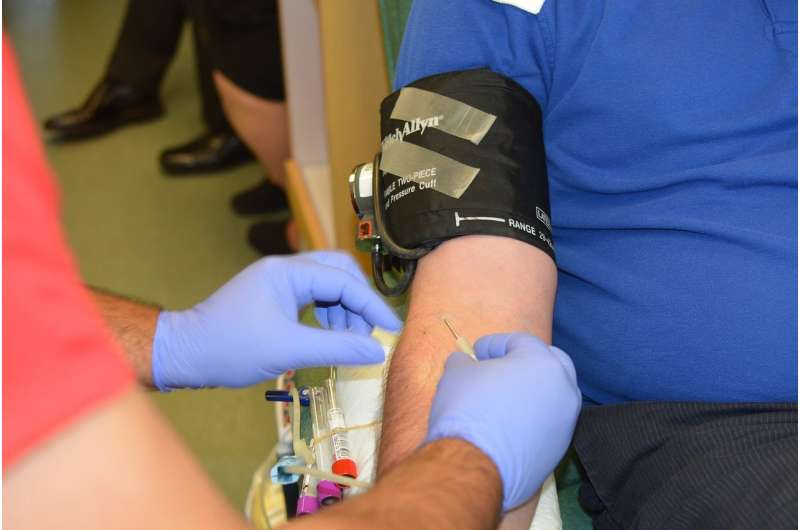Credit: CC0 Public Domain
There are implications of the health crisis about which little is known yet. The spread of COVID has put the Italian national health system under serious stress and caused the postponement of less urgent hospital operations but has also led to a significant drop in blood donations. This reduction, in a vicious circle, has weighed negatively on meeting the demand for blood transfusions, in a period when hospitals were on the verge of being overwhelmed.
The fear of contracting the virus during donation has put most donors on hold not only in Italy but throughout Europe, according to the study "Blood donation in times of crisis: Early insight into the impact of COVID-19 on blood donors and their motivation to donate across European countries," conducted by Torsten Chandler (University of Hamburg) and Aleksandra Torbica (CERGAS–Bocconi Research Center on Health and Social Care Management) with other authors.
The survey, published in the international journal Vox Sanguinis, was conducted in seven European countries and more than 7,000 citizens participated. Of these, only 1,205 (16.9 percent) were regular donors and, among them, only 33.8 percent donated during the first 4–5 months of 2020. The study highlights, in particular, that about 50 percent of donors have reduced the frequency of donations. Portugal and France were the nations that recorded the most drastic drops.
In general, those who feared COVID infection donated less blood, even though the risk of contagion was reduced to a minimum in specialized facilities. Those who are aware of the difficulties facing their national health system also reduced their activity as blood donors. Even those who were scrupulously sticking to the COVID health protocol (such as always wearing a face mask and washing hands often) preferred to stay at home.
"A scenario has therefore emerged in which even the most convinced donors have declared that they made an additional effort to go and donate," explains Torbica. "The suggestion emerging from the study is that blood collection services should implement communication campaigns that highlight the altruistic motivations behind donations and underline the additional health safety measures implemented during these times of crisis." Especially since, concludes Torbica, "the majority of citizens were unaware that a donation was also an opportunity to do a blood screening, given that donors are subjected to an antigen test for COVID."
More information: Torsten Chandler et al, Blood donation in times of crisis: Early insight into the impact of COVID‐19 on blood donors and their motivation to donate across European countries, Vox Sanguinis (2021). DOI: 10.1111/vox.13103
Provided by Bocconi University























